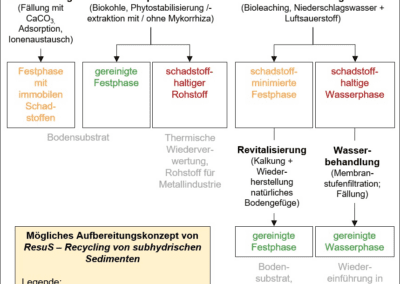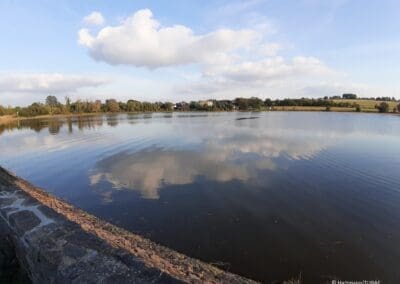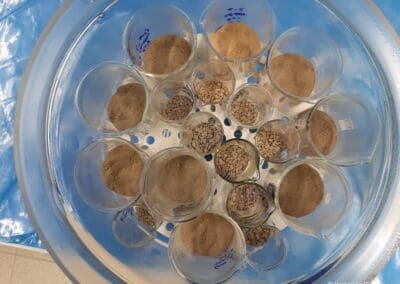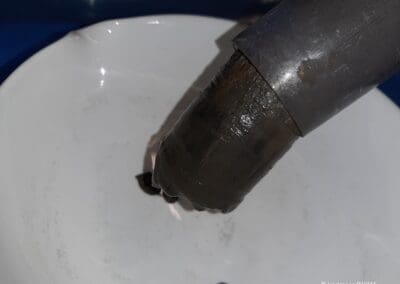ResuS
Recycling of sub-hydric sediments
Time span
01.05.2023 until 31.12.2025
Abbreviation
ResuS
Project type
Recycling of sub-hydric sediments
The mining facilities used today as water reservoirs contain sediments with elevated metal contents, which were mostly brought in from the surrounding catchment areas influenced by mining. Due to the significant material contamination, these sediments deposited in standing waters, the so-called sub-hydric sediments, cannot be used directly, e.g. as a raw material for the building materials industry and/or agriculture and forestry.
The aim of ResuS – Recycling of sub-hydric sediments is to process the sediments using various technologies and a holistic concept in such a way as to ensure that the largest possible quantities of sediment can be recycled in a variety of ways. The target elements include semi-metals (arsenic), metals (lead) and transition metals (cadmium, zinc). The innovative aspect is that the type and scope of the processing technologies are geared towards possible recycling options depending on the spatial chemical composition of the sediments. ResuS – Recycling of sub-hydric sediments pursues the approach of utilizing the entirety of the sediment and thus not only potential valuable elements as raw materials. Possible recycling options for the sediment are as a soil substrate in agriculture and forestry as well as on contaminated sites and/or as an alternative building material in old mines and in the ceramics industry. The water should also be available for further use and the minimum possible quantities of non-recyclable residual materials should be enriched.
The technologies and concepts for this are to be tested at the development site of the Revierwasserlaufanstalt Freiberg (Erzgebirge), specifically at the Hüttenteich near Berthelsdorf. To this end, the sediment volumes of the dams will first be quantified. The sediments will then be sampled at high spatial resolution and analyzed with regard to their material and geotechnical properties. In addition, investigations into the chemical-physical composition of the water will be carried out. Once this data has been obtained in accordance with a concept for monitoring and representative subaquatic sampling, it will be presented in geoinformation systems (GIS) for more efficient processing of similar issues in the future. On the basis of the analytical findings, possible utilization options are determined, then utilization-specific and legal framework conditions are clarified and the parameters for a utilization concept are defined. Against this background, processing concepts are drawn up and then treatment processes are tested and scaled up. The aim is to demonstrate the recyclability of a recycling option up to TRL 6 as an example.
The results of the preliminary investigations and the three-year project phase will be used to test innovative and economical processing technologies and combinations for the extraction of raw materials from sub-hydric sediments. The results of the development of the processing methods will also be used to develop a marketable and adaptive utilization concept. By integrating local expertise during the development phase and marketing the results, ResuS – Recycling of sub-hydric sediments provides important impetus for strengthening the economic power of the Ore Mountains.
Development site: Revierwasserlaufanstalt Freiberg (focus: Hüttenteich near Berthelsdorf).
Contact
TU Bergakademie Freiberg, Institute of Geology
Prof. Dr. Traugott Scheytt
+49 3731 39 27757
traugott.scheyt@geo.tu-freiberg.de
Pollutants
Pb
Resources
Cd
Zn
Floor
substrate
Gravels and sands
Ceramic
raw material
Partners
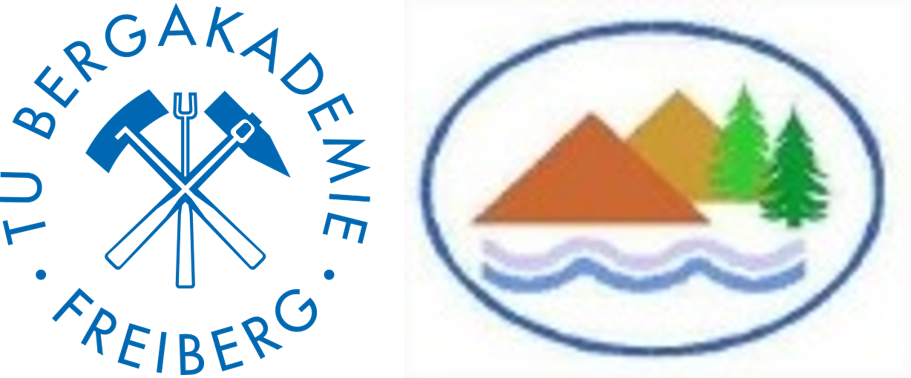
TU Bergakademie Freiberg, Institut für Geologie

GeoWiD GmbH
PICON GmbH
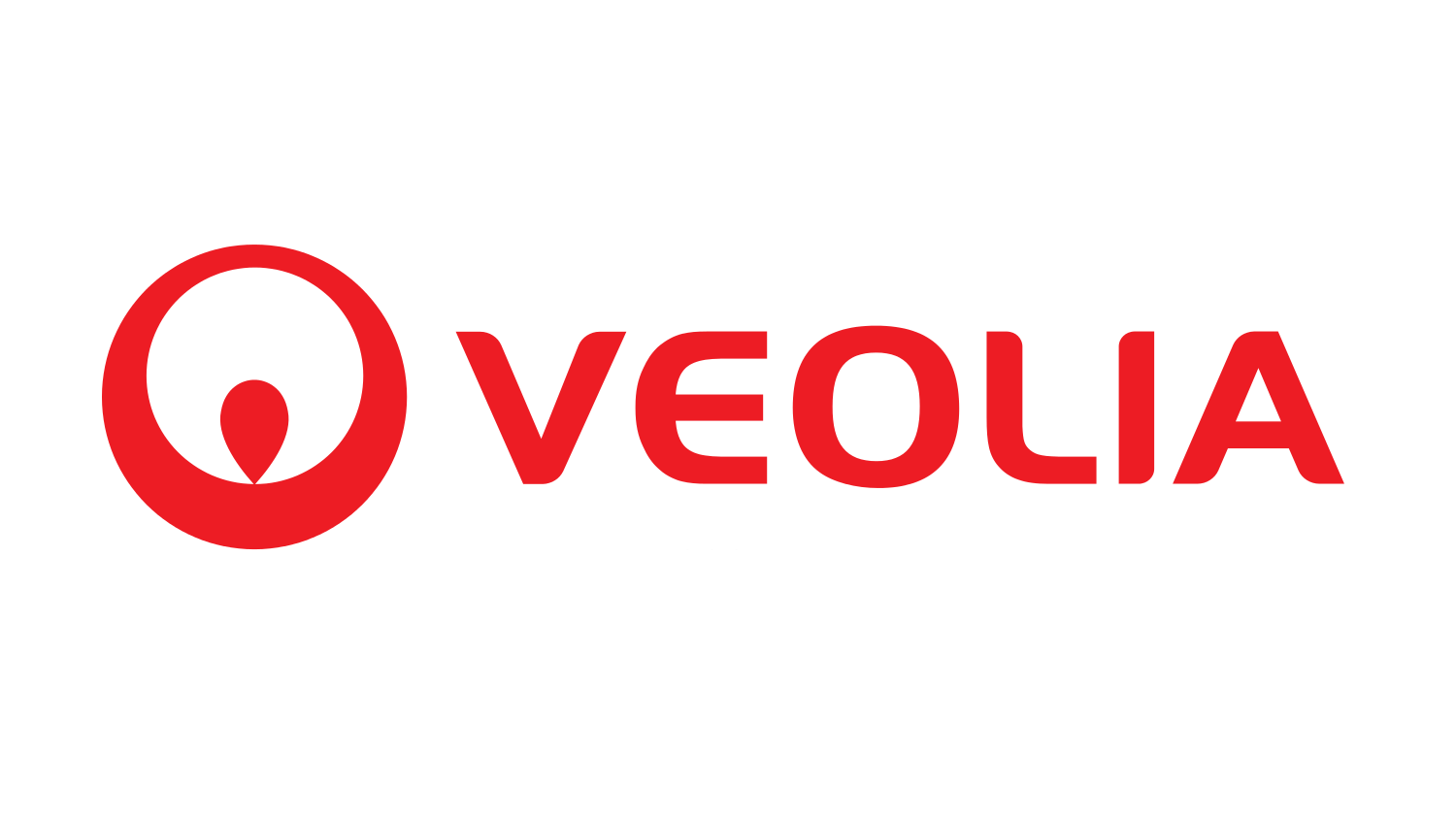
Veolia Klärschlammverwertung Deutschland GmbH

KI Keramik-Institut GmbH
